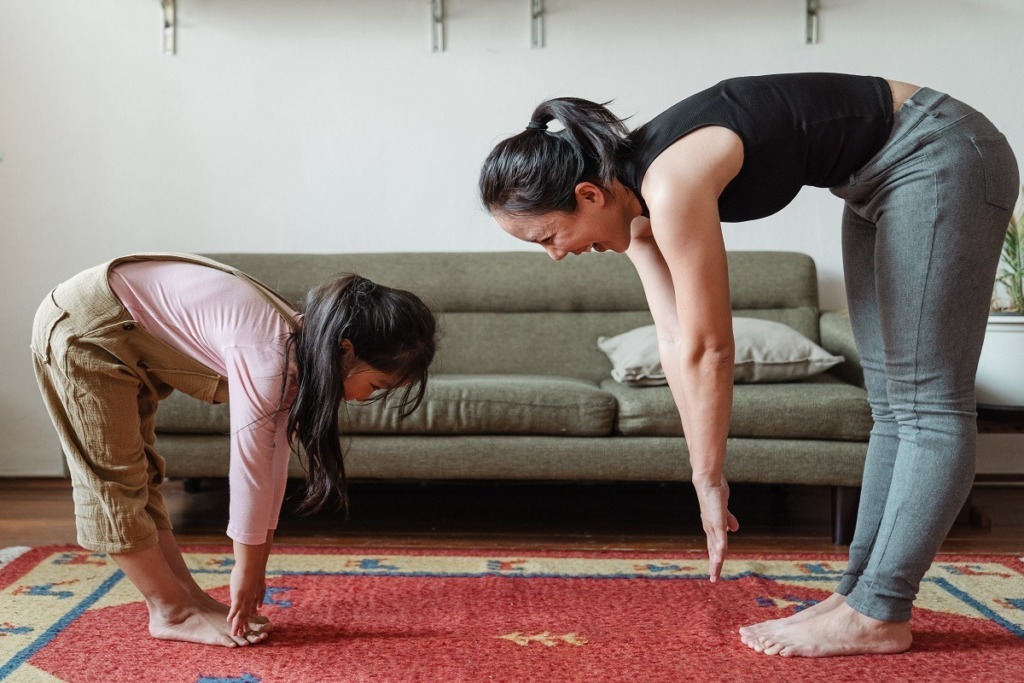
Modelling values to our children
Written by Donna Cameron
In this technological era, children are able to learn much more about their favourite topics than we ever could at their age. They are reading at an earlier age, perhaps can speak different languages, and can easily search the internet for any information they want.
Moreover, children are very independent. They live in a world that is operating at a high speed with limited downtime. One thing that all this technology is not teaching them, and where we as parents need to step up and take on this task, is getting our children back to the basics of their values. The good old please and thank you.
Like little sponges, children absorb everything they see in the world around them - the good the bad and the ugly. In this high paced world, parents are also operating on double time to get everything done - work, food preparation, washing and parenting. They can easily forget that little eyes are watching them.
Some parenting tasks are easier than others, like keeping track of the homework and making sure the big development stages of walking and talking are achieved. Most parents know the importance of having a good bedtime routine for children and a healthy diet. but we might not be seeing the small opportunities presented each day to teach our children some very basic, but very important lessons in their life - values.
To teach values, we first need to understand and identify what our own values are and what we want our children to take into their adult lives. Children who are taught to act in certain ways in their early years will continue to model these behaviours into their adult lives. It is important that as a parent you demonstrate these positive attributes to give your children the best chance of succeeding in their future.
Teaching values to your children is not a complicated task. Children learning how to say please and thank you is not only teaching them manners, but it is also teaching them how to respect other people around them and how to be courteous.
Teaching children how and when to say sorry is also teaching them how to display empathy for others and how to take on ownership for their own actions.
Talking to children about telling lies, is also teaching them the importance of honesty which will be important in their future employment and relationships with friends and future partners.
Displaying gratitude and teaching children how to see the positive in situations, will help them navigate through difficult events they may face as an adult.
Giving your child that extra hug and affection is also teaching them the importance of love in their life and how we can support others. This value will be an important one for them if they decide to be in a relationship or to have children one day.
When a child makes a mistake, and they all will, help them acknowledge the poor behaviour and give them an example of how they can do it better next time. Yelling at them or putting them down will mean an opportunity for growth and development has been lost.
During childhood, children will test out different types of behaviours and communication styles to find out which one works best for them to get what they want. The role of a parent is not to get angry at them for trying this but to teach them about consequences so that they can go on to make the right choice in the future. Putting in the time and effort to teach your child about values, will make this task a lot easier.
Remember, as a parent, it’s the simple actions that make a difference in raising children. Take notice when children say please and thank you. Talk to them about the best and worst parts of their day. Give consequences if they tell lies.
Look at your own behaviour and ask a simple question - would I want my child to act in the same way that I am acting right now? If the answer is no, then step back and make the changes to your own behaviours as well.
Parenting the adults of the future is a very important job, so please, don’t forget the basics and remember the importance of the good old please and thank you.



